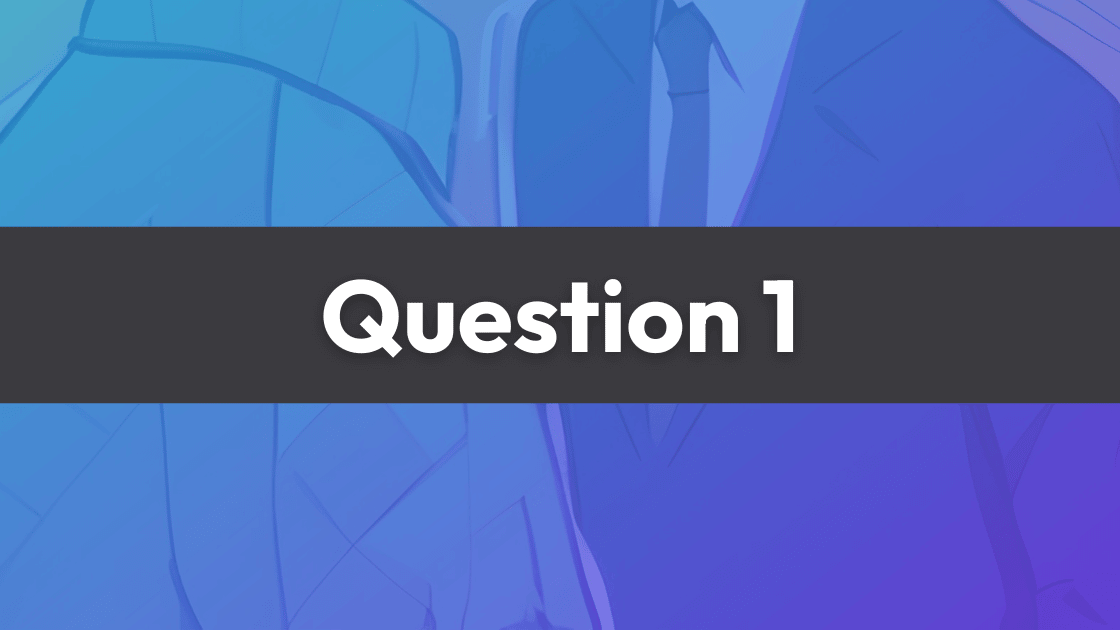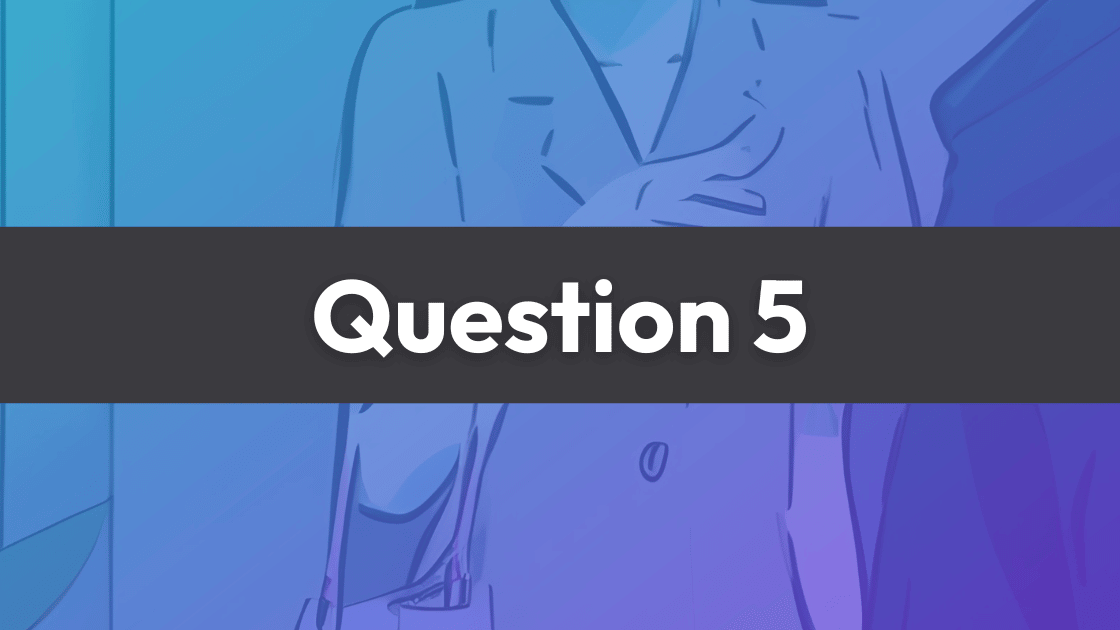5 Questions You Need to Ask Your Recruiter
Let’s say-
You are actively or passively exploring opportunities in the market.
Every job is being introduced by a different recruiter from a different agency.
It is getting difficult to keep track of all your processes.
Once you have narrowed down some options- you are still unsure if you should apply because you don’t know which agent you can trust.
Sound familiar?
I’m Shivangi from Wahl+Case and I have worked with hundreds of job seekers who specifically look for client-facing roles such as Project Manager, Solutions Consultant, and IT Support Engineer.
In this article, I will give you 5 essential questions to see if you can trust your recruiter.
A good recruiter should provide as much information as they can about the company, role and team, prepare you well for the interview process and help you to avoid the awkwardness of negotiating your salary all by yourself.
Building trust with your recruiter is crucial to ensure a successful and fulfilling relationship with them. By asking these questions, you can test the foundations of trust and make sure that your recruiter understands your goals and aspirations.
Here are five questions that you need to ask your recruiter:
1. How does your agency work?
In Japan, there are 27,899 recruitment agencies.
There are agencies that only introduce permanent positions while others only introduce contract positions. Then there are those that work on both types of roles.
Some agencies are mainly in the IT and Tech space while others are specialized in the financial or life sciences field. Then there are companies that cover almost every industry you can think of- but even they have a few clients that really stand out in their portfolio.
The individual recruiters working within each agency also work differently from each other each with their different areas of expertise.
They could have an industry-focus like SaaS, Cybersecurity, or fintech, or a position-focus like frontend engineer, backend engineer, sales, operations etc. Or their focus could be a combination of both industry and position. For example- sales engineers in the cybersecurity industry or front end developers in SaaS.
Building trust begins with better understanding. You should have a clear view into how the agency works, how the individual recruiters within the agency work and what the process will be like from the very first screening call all the way to accepting an offer.
While others have ‘candidate ownership’ which brings us to the next question to ask your recruiter.
2. How do you make your fee?
If an agency has ‘candidate ownership’, it means that the recruiter who finds you and adds you to the database first gets a percentage of the fee if you get a job through that agency, but they get the full fee if they are the ones who help you get the job.
Others have a team-based approach which means they work together and share information openly between teams and consultants.
How recruiters make money
Also, many people think that recruiters earn money by taking a cut of your salary which is far from reality. Most recruiters get paid a separate additional fee by the company that hires you. It is calculated based on a percentage of the total offer the company made to you.
The higher your total offer, the higher the fee they can charge the company. So it is in the best interest of recruiters to help you get you the best possible offer!
Having typed that, there are other fee structures as well.
If you want to learn about how recruiters make money, check out this article by my favorite co-worker Bryan Rios! (who definitely did not write this sentence himself when he was editing this blog)
Now that you have an understanding of how recruiters make money, you should ask about confidentiality.
3. How do you ensure confidentiality?
Confidentiality is a critical aspect during the entire process. It's essential to discuss how your recruiter uses your information and with whom it may be shared.
It helps you to understand who exactly will have access to your previous experience and expectations- so that you are never surprised.
You can also inquire about the procedures for handling sensitive information such as personal details.
A recruiter who prioritizes confidentiality will ensure that your job search remains discreet, especially if you are currently employed.
4. How do you match job seekers to job opportunities?
Ask about what key words they usually look for when they evaluate people with similar qualifications as you, and what criteria they use to determine the right fit.
Take note of a few things in their answer:
Do they take the time to understand your skills, experience, and aspirations?
Will they be equipped to find opportunities that align with your goals?
What kind of recommendations do they have for you to achieve your goals?
Chances are- they have read a lot of CVs and know exactly what factors could increase your chances of landing that first interview, but this can also mean that you will get lost in the shuffle.
Make sure your recruiter is not transactional in their responses and is giving you the level of effort appropriate for your job search.
Which brings us to the last question.
5. What is your communication style and frequency?
Without effective communication, there is no trust.
Be sure to ask about their preferred communication channels, such as email, LinkedIn, WhatsApp, Line, Facebook, phone calls, or in-person meetings.
Discuss the frequency and timelines for updates on job opportunities, interviews, and feedback.
Unexpected situations can arise all the time. Interviews get rescheduled, there is a change in requirements, hiring freezes or the worst one of all- no feedback from the company.
Remember, a recruiter is interacting with hundreds of people (both hiring managers and active jobseekers). It is definitely okay to follow up with your recruiter in case they haven’t gotten back to you yet. In fact, please do.
A transparent and responsive recruiter will ideally keep you informed about what to expect and promptly address any concerns or questions you may have.
By establishing clear expectations for communication, you can ensure a smooth and productive collaboration.
In Conclusion
If you can take one thing away from this article, it is to never be afraid to ask questions and get to know your recruiter.
This helps you to build a strong relationship with them which is useful for both of you in the long term- as you can get market updates, learn about the changes in industries, and stand out among thousands of people.
Ready to have a conversation? Message us here to speak with one of our expert recruiters in Tokyo!
























![Presales Engineer Salary in Japan [NO ADS]](https://images.squarespace-cdn.com/content/v1/5c6e2dad94d71a1ea569fca0/1726807879580-PBSOTUL03B7DQRADXG1U/Presales+Engineer+Salary+blog+%28800+x+600+px%29.png)


